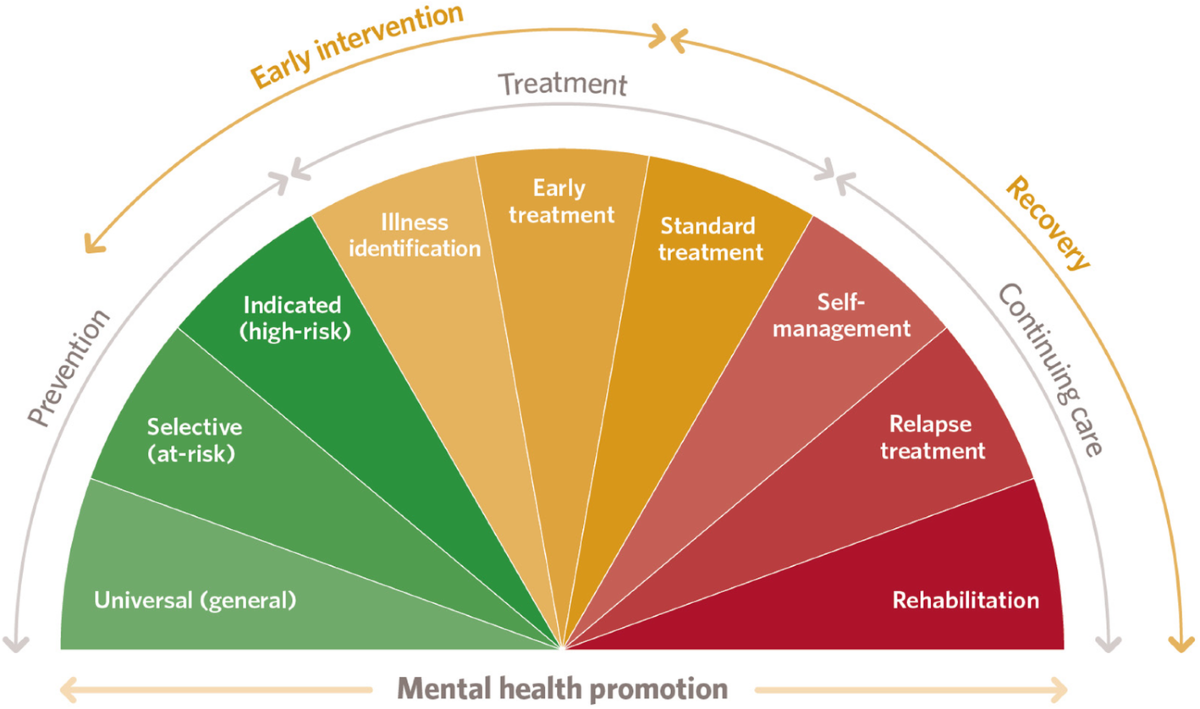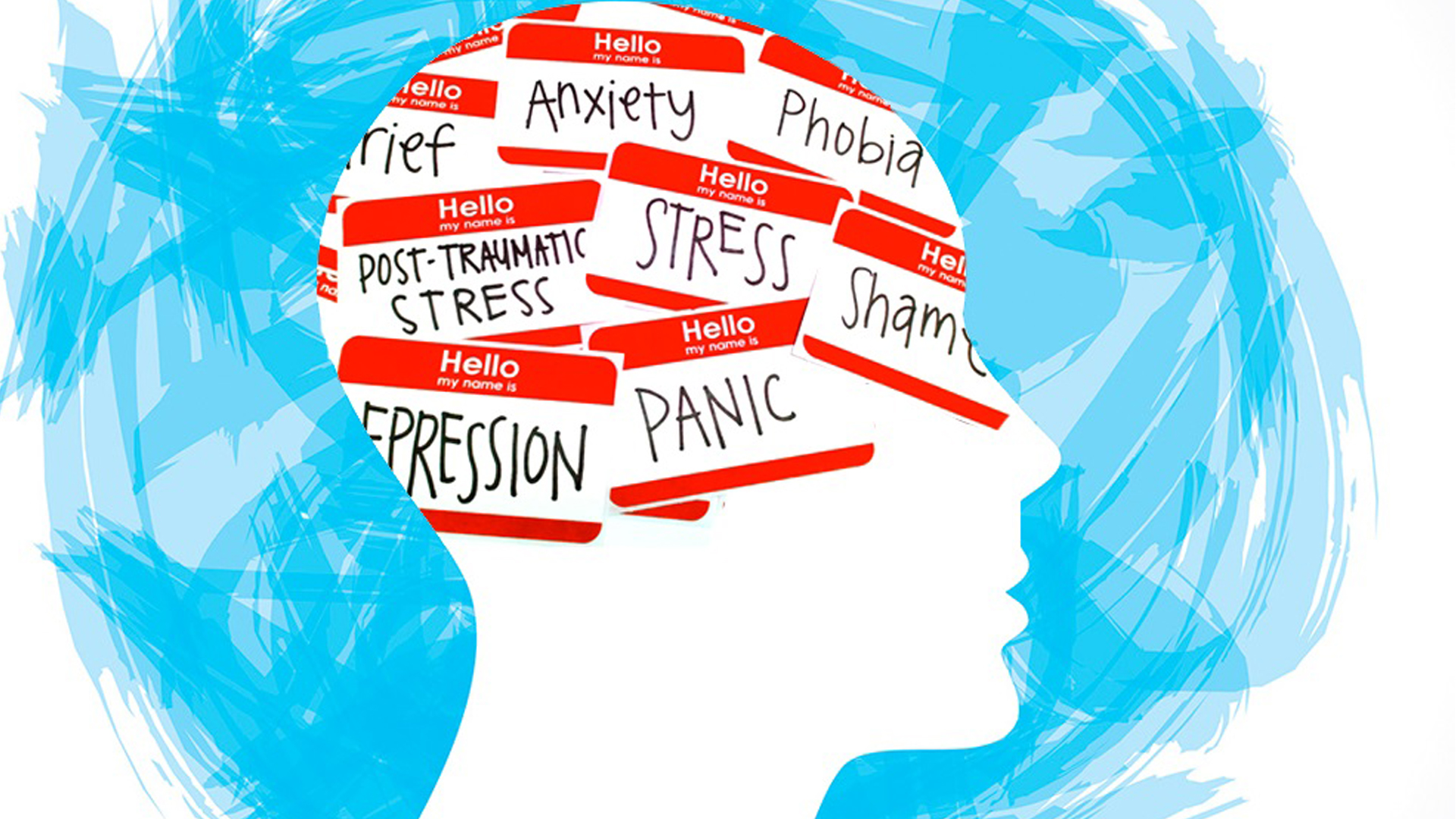As we near the end of 2024, it becomes increasingly important to reflect on the pivotal advancements that have shaped the landscape of mental health over the past year. Throughout this period, there has been a marked shift in how mental health crises are managed and addressed, highlighting the emergence of significant trends in intervention strategies. Among these, the concept of "mental health holidays" has gained traction, offering fresh, holistic approaches to mental wellness. As we delve into these developments, it is crucial to examine their broader implications and potential to transform the future of mental health care and support systems.
A Year Of Evolution In Mental Health Crisis Management

In 2024, mental health crisis management has significantly evolved to better address the complexities of mental health issues. This year saw a strategic shift from reactive responses to proactive measures, with communities worldwide adopting comprehensive plans to tackle crises efficiently. Innovations in telehealth and digital tools have played a pivotal role, allowing mental health professionals to respond quickly and provide remote assistance. These advancements have made mental health support more accessible, breaking down geographical and socioeconomic barriers that previously hindered care. Furthermore, public awareness campaigns have been instrumental in reducing stigma, encouraging individuals to seek help early and regularly engage in preventive strategies. Technology-driven platforms, such as AI-powered assessment tools, enable personalized interventions, offering tailored coping mechanisms and self-care routines. This holistic approach not only addresses immediate needs but also fosters environments that promote long-term mental well-being. Collaborative efforts among governments, non-profits, and tech companies have resulted in a cohesive network of support that ensures help is available before a crisis reaches its peak, ultimately transforming how society perceives and manages mental health..
Key Mental Health Intervention Trends

In 2024, the mental health landscape witnessed a transformative evolution, as early detection and prevention took center stage. Health professionals concentrated their efforts on identifying risk factors with precision, leveraging cutting-edge technologies to provide personalized strategies that cater to the unique needs of individuals. A significant development was the seamless integration of technology-enabled solutions within mental health interventions. AI-driven assessments have become instrumental in offering detailed insights into mental health conditions, enabling practitioners to make more informed decisions. Virtual therapy sessions have proliferated, dismantling geographical barriers and increasing accessibility for diverse populations. These advancements collectively contribute to a more inclusive and effective mental health care system, fostering a proactive rather than reactive approach to mental well-being..
Breakthroughs In Employee Mental Health Support

As companies continue to place a high value on mental well-being, there has been a noticeable shift in workplace culture towards more empathetic and supportive practices. The introduction of mental health holidays has encouraged employees to recharge without the stigma sometimes associated with taking time off for mental well-being. Flexible work environments, which include options for remote work and adaptable schedules, have empowered employees to harmonize their personal and professional lives better, mitigating the stress that can come from rigid workplace demands. Moreover, the implementation of dedicated mental wellness weeks has encouraged open and ongoing conversations about mental health, fostering a supportive community where employees feel acknowledged and valued. Access to mental health resources, such as therapy sessions, mindfulness workshops, and wellness apps provided by companies, has become standard practice. Collectively, these efforts have been instrumental in cultivating a healthier and more sustainable work-life balance, promoting not only personal well-being but also enhanced productivity and job satisfaction on a global scale..
The Rise Of Mental Health Holidays

Inspired by the need for rejuvenation and mental well-being, mental health holidays took center stage in 2024. These breaks, specifically designated for mental rest and recovery, have been embraced across various sectors. Experts highlight the benefits, including reduced burnout and increased productivity, making mental health holidays an essential component of workplace culture..
Destigmatizing Mental Health Through Holidays

In 2024, the widespread adoption of mental health holidays has played a significant role in breaking down the barriers associated with mental health discussions. By integrating mental break days into standard workplace policies, societies are acknowledging the importance of mental well-being as an integral part of overall health. This progressive move not only facilitates open dialogue about mental health but also allows individuals to recognize the importance of taking proactive steps to nurture their mental state. As a result, the old stigmas—historically a major obstacle preventing individuals from seeking the support they need—are gradually dissolving, paving the way for a more empathetic and supportive community. This cultural shift underscores the necessity for continual mental health awareness and highlights the importance of treating mental health with the same seriousness as physical health, thereby encouraging individuals to feel empowered in prioritizing their mental wellness without fear or judgement..
Technology's Role In Mental Health Management

In 2024, technology became a cornerstone of mental health management. From mobile apps offering mindfulness exercises to platforms providing access to therapists anytime, anywhere, technology has enabled seamless mental health support. These advances have bridged geographical and time barriers, ensuring timely intervention for those in need. With the integration of artificial intelligence, personalized treatment plans have become the norm, analyzing user data to tailor interventions specific to each individual's mental health status. Virtual reality has also emerged as a powerful tool, offering immersive experiences that facilitate exposure therapy sessions for individuals with anxiety or PTSD. Furthermore, online communities and support networks have flourished, creating safe spaces where users can share their stories and receive peer support. As technology continues to evolve, its role in mental health care not only enhances accessibility and personalization but also fosters a global understanding of mental well-being, uniting diverse populations in the common goal of mental health empowerment and destigmatization..
Community-Based Initiatives Leading The Way

In this dynamic shift, the role of community stakeholders has become increasingly central, fostering collaboration among local organizations, businesses, and residents to address specific challenges. By prioritizing inclusivity and cultural competence, these community-based approaches ensure that diverse voices are heard and that solutions are created with a deep understanding of the unique social and cultural contexts at play. This localized focus has proven to be more effective in sustaining long-term resilience, as community members take ownership of projects, driving innovation and adaptability in the face of changing circumstances. Furthermore, by fostering environments where individuals feel valued and connected, these grassroots movements have significantly contributed to reducing social isolation and strengthening the social fabric, ultimately leading to healthier and more harmonious communities..
Challenges And Opportunities Ahead

While strides have been made, mental health care in 2024 still faces challenges like resource allocation and inequality in care access. However, these challenges present opportunities for innovation in mental health service delivery and policy reform, urging stakeholders to collaborate towards a more inclusive mental health ecosystem. This collaborative effort can harness advancements in technology, such as teletherapy and AI-driven mental health applications, to bridge gaps in care access and personalize treatment. By integrating community-based approaches and culturally sensitive interventions, the mental health care system can address underserved populations more effectively. Moreover, increased advocacy and public awareness campaigns can destigmatize mental health issues, encouraging more individuals to seek help. As policymakers, healthcare providers, and community leaders join forces, there's potential to transform the current landscape into one where mental health support is equitable, comprehensive, and readily accessible for all..
Looking Forward: The Future Of Mental Health

As we step into 2025, the advancements in mental health care seen in 2024 provide a promising foundation. Initiatives such as mental health holidays, where individuals are encouraged to take time off for their psychological well-being, have started to break the stigma associated with mental health issues, promoting a culture of understanding and acceptance. Concurrently, the seamless integration of technology—ranging from AI-powered therapy bots to virtual reality relaxation environments—has revolutionized access to support, making it more personalized and immediate. Furthermore, comprehensive crisis management frameworks, designed with community input and bolstered by real-time data analytics, are enhancing the efficiency and effectiveness of response systems. These developments collectively envision a future where mental health care is not only prioritized but also democratized, ensuring that support is robust, accessible, and tailored to the diverse needs of the global population. As societies continue to evolve, the commitment to mental well-being serves as a testament to the progress we can achieve when compassion drives innovation..
Reflecting on 2024, it's clear that mental health care has undergone a significant transformation with an increased emphasis on holistic well-being. The year's trends highlight a more inclusive and proactive approach, promising a future where mental health is no longer marginalized but celebrated and prioritized. Continued efforts and innovations will further empower individuals and communities towards better mental health outcomes in the years to come.


